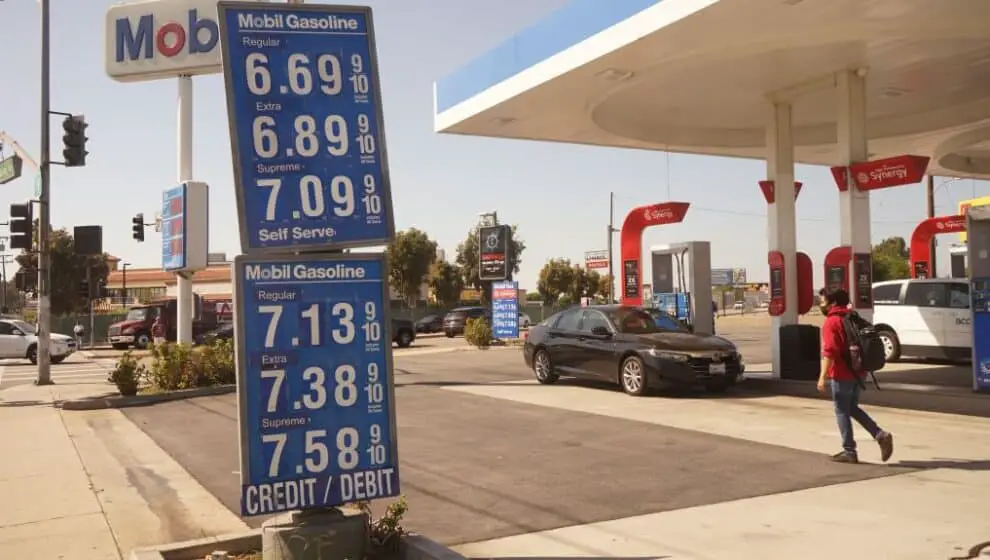After somewhat of a reprieve from high gas prices, consumers could once again be paying more at the pump.
Key Details
- In a move intended to raise oil prices, OPEC has decided to reduce production of oil. As gas prices in the U.S. remain high, OPEC’s decision will affect consumer’s bottom line.
- OPEC’s move comes at an inconvenient time for the White House as midterm elections draw near. High prices at the pump could be a mark against Democrats heading into the election.
- The Biden administration has been pushing back hard against this decision, hoping to up oil production in order to lower prices for American consumers.
Why it’s news
In June of this year, gas prices peaked at just more than $5 a gallon. The current average is much lower at $3.83, but that’s still higher than the average in 2019 sitting at $2.60 per gallon.
OPEC’s decision to cut oil production will likely bring those prices higher. The cut to production was more significant than expected. Beginning in November, OPEC will cut 2 million barrels per day.
Officials said this decision was due to “uncertainty that surrounds the global economic and oil market outlooks.” Saudi energy Minister Abdulaziz bin Salman stated that OPEC’s role is to provide stability to the market.
Major changes in demand combined with the effect of the war in Ukraine have caused some volatility in the oil market. Oil barrels are currently selling for around $87 a barrel.
With restricted supply of oil coming from Russia, a decrease in production from the Middle East could have some effect on European energy supply.
In December, a European ban on the majority of Russian imports will be in effect. The U.S. is among several other countries that have implemented a price cap on Russian oil. Oil prices could be further affected if Russia reacts to these moves by declining to export oil to countries that participate in the price cap.
Notable quote
In response to OPEC’s decision, the White House released the following statement:
“The President is disappointed by the shortsighted decision by OPEC+ to cut production quotas while the global economy is dealing with the continued negative impact of Putin’s invasion of Ukraine. At a time when maintaining a global supply of energy is of paramount importance, this decision will have the most negative impact on lower- and middle-income countries that are already reeling from elevated energy prices.”
